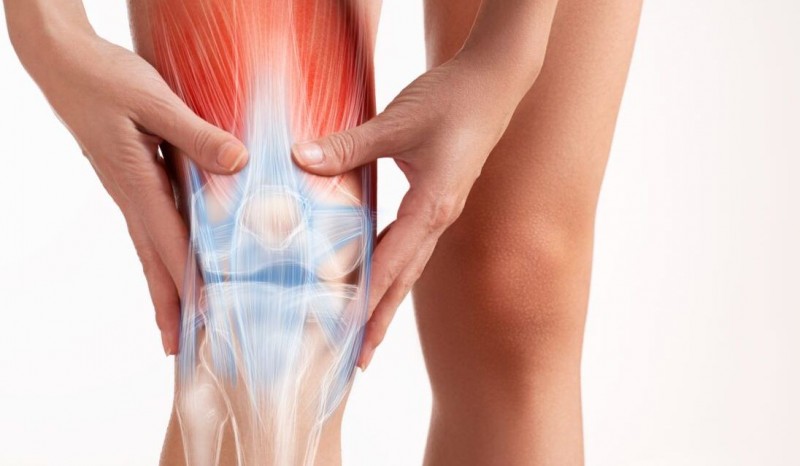
In recent times, the issue of weakened bones has become increasingly common, affecting not only the elderly but also young individuals. The health of our bones plays a vital role in ensuring the proper functioning of our bodies, much like all other organs and systems. Several factors can contribute to bone weakness, with diet and lifestyle playing a significant role. Consuming certain substances can have a detrimental impact on bone health. In this article, we will explore four such substances that are considered harmful to your bones.
Alcohol:
Alcohol consumption has long been recognized as detrimental to liver health, but it also exerts a significant negative influence on our bones. Excessive alcohol consumption hinders the absorption of crucial nutrients like calcium, vitamin D, and magnesium, which are essential for bone health. Experts also assert that excessive alcohol intake can slow down the bone remodeling cycle and disrupt hormone levels. Consuming alcohol in moderation is unlikely to pose a severe threat to bone health. However, chronic and heavy alcohol consumption can lead to deficiencies in key bone-building nutrients, making bones more susceptible to fragility and fractures. It's essential to maintain a balanced approach to alcohol consumption to protect both liver and bone health.
Caffeine:
Health experts warn against not only pure caffeine but also energy drinks, soda, and tea as they can weaken bones. Caffeine consumption can interfere with calcium absorption, leading to calcium deficiency in the body, which, over time, can contribute to weakened bones. Additionally, high caffeine intake can negatively affect vitamin D levels, which are crucial for calcium absorption and bone health. While moderate caffeine consumption is generally considered safe for most people, it's essential to be mindful of your caffeine intake, especially if you are at risk of bone-related issues. Maintaining a balance and ensuring an adequate intake of calcium and vitamin D can help mitigate the potential adverse effects of caffeine on bone health.
Wheat Bran:
Surprisingly, wheat bran, often regarded as a dietary fiber source, contains high levels of phytate, an anti-nutrient that can affect calcium absorption. Phytate interferes with the body's ability to absorb calcium efficiently, potentially leading to calcium deficiencies and weakening of bones. Many individuals consume wheat bran for its high dietary fiber content, believing it to be a healthy choice. To minimize the impact of phytate on bone health, consider alternatives like oat bran, which contains lower levels of this anti-nutrient. Oat bran can provide dietary fiber without compromising calcium absorption, making it a more bone-friendly choice.
Excessive Sodium (Salt):
Commonly, people associate high sodium intake with elevated blood pressure, but it can also have detrimental effects on bone health. Excessive sodium consumption can lead to calcium loss from bones, ultimately contributing to bone weakening. A 2018 study published in the Journal of the American College of Nutrition found that increased sodium intake raises the risk of osteoporosis, a condition characterized by fragile bones. Reducing salt intake and choosing low-sodium alternatives can help protect bone health. Additionally, maintaining a diet rich in calcium and other bone-supporting nutrients can counteract the negative effects of sodium on bones.
In conclusion, the health of our bones is influenced by various factors, including our diet and lifestyle choices. It is essential to be aware of the potential harm certain substances can inflict on bone health. While moderate consumption of substances like alcohol and caffeine may not pose a significant risk, excessive intake can lead to imbalances in essential nutrients and hinder bone health. Moreover, substances like wheat bran and excessive sodium can directly interfere with calcium absorption, making them potentially harmful to bones. To maintain strong and healthy bones throughout life, it is crucial to adopt a balanced diet rich in bone-supporting nutrients and make mindful lifestyle choices.
How to Boost Your Energy and Mood During Menstruation: Nutrition, Hydration, Exercise, and More